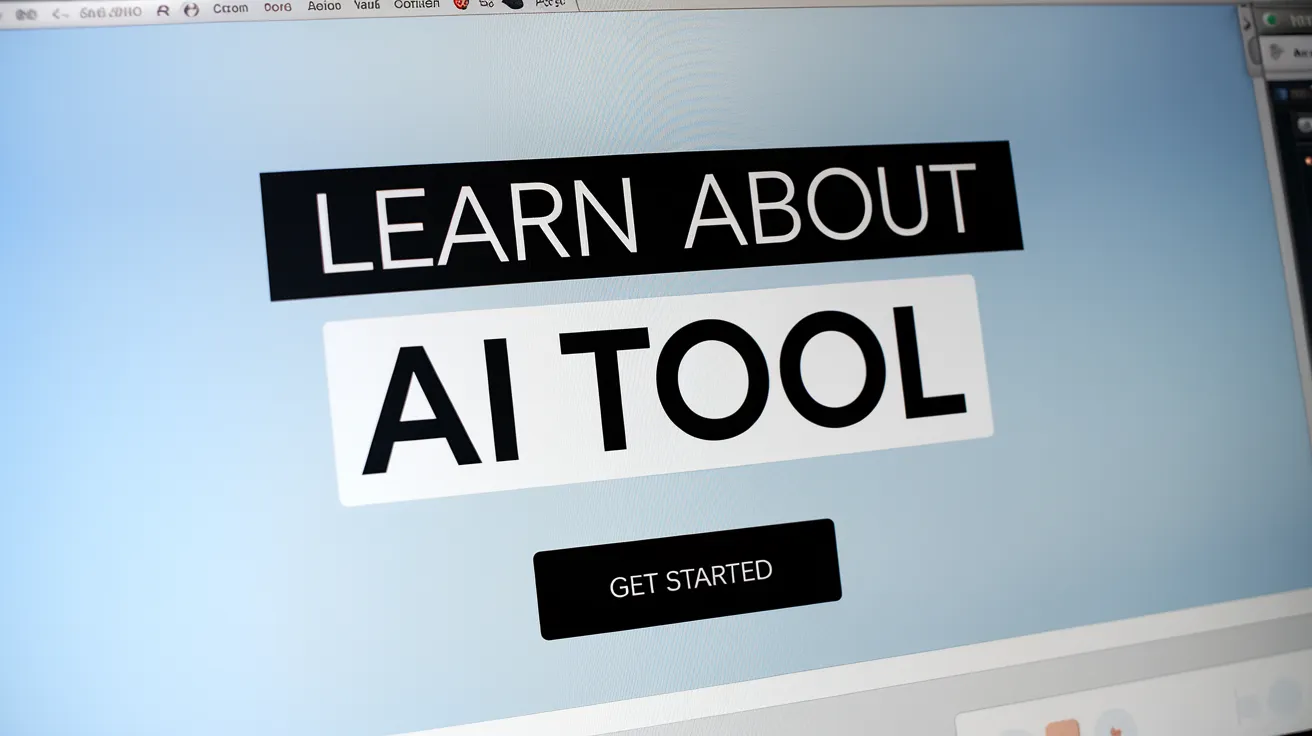Google’s Learn About AI Tool Faces Challenges

On November 11, 2024, Google introduced its new educational tool, Learn About, aimed primarily at students, professors, and researchers. Built on the Google LearnLM AI model, which is grounded in educational research, Learn About seeks to assist users by providing responses based on academic materials like research papers and textbooks, distinguishing it from general AI chatbots. However, despite its promising foundation, there are concerns regarding its effectiveness and usability compared to established platforms like ChatGPT.
**Targeting the Academic Community**
The Learn About tool emerges amid a growing interest in AI applications in education, a sector craving innovation. Google collaborated with renowned institutions like Columbia Teachers College and Khan Academy to refine the LearnLM model, hoping to deliver an AI that can effectively support academic learning. Yet, the reception among educators and students has been lukewarm. Analysts, such as Andy Thurai from Constellation Research, noted the potential for Learn About to revolutionize education by possibly replacing traditional educators and serving as a reliable alternative to outdated online education tools.
**Comparative Limitations**
Despite these lofty ambitions, experts have raised doubts about Learn About’s capability to compete. Chirag Shah, a professor at the University of Washington, critiqued the tool’s recent performance, indicating that it may not be able to lure users away from existing AI options like ChatGPT or Gemini, particularly if it struggles to deliver more accurate and neutral responses. Similarly, Sarah Kreps, a professor at Cornell University, noted that while Learn About reduces the need to sift through extensive Google search results, its tendency to incorporate editorializing may detract from user experience.
**User Experience and Accuracy Concerns**
Feedback from academics highlights issues with Learn About’s outputs. For example, Kreps expressed frustration towards Learn About’s commentary that seemed overly judgmental, contrasting it with the more neutral and direct responses offered by ChatGPT. Additionally, as AI model hallucinations—where the AI produces inaccurate or misleading information—remain a concern, educators stress that accuracy is especially crucial when targeting the academic market.
**Competing with Industry Giants**
The challenges facing Google’s new offering are not unique. On November 12, Amazon announced a substantial investment aimed at generative AI research, further illustrating that other corporations are also making strides to penetrate the education sector. The emergence of such competition could make it even more daunting for Google’s Learn About tool to establish itself as a viable alternative in an already crowded marketplace.
**Conclusion: Navigating a Competitive Landscape**
In conclusion, while Google’s Learn About tool has potential, it faces significant challenges as it attempts to find its footing in a competitive market dominated by established AI chatbots. The need for improved user experience, accuracy, and neutrality in responses will be critical for Google to secure a foothold within the academic community. If it fails to address these concerns, the tool may struggle to achieve the widespread adoption that Google hopes for, making its launch a pivotal but precarious step in the realm of educational AI.